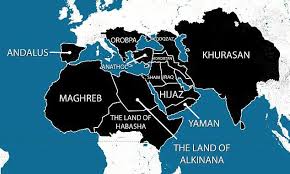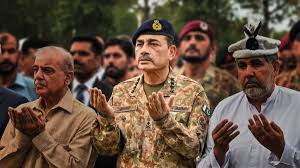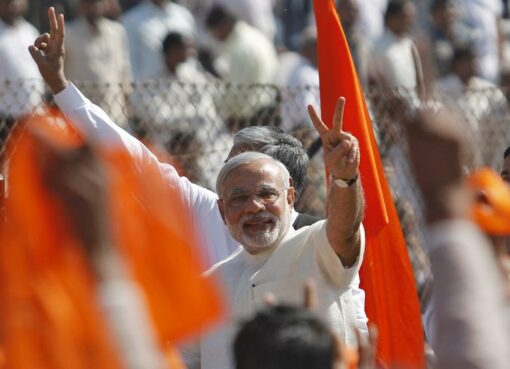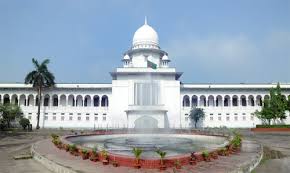There is still some mystery over Maulvi Abdul Rahim Muslim Dost’s decision to bid good-bye to the Islamic State (IS). In fact, it is not clear whether he has simply quit or decided to withdraw support to the local IS chief, Hafiz Saeed Khan. Because, in his ‘quit’ notice, Dost said he was “still loyal” to IS and the Islamic caliphate “unless he witnessed any deviations”.
Like the Taliban, the IS, better known by its Arabic acronym Da’ish, is a loosely held federation of several militant groups – some big and some small. Dost enjoys a large following in Nangarhar, Kunar, Nuristan, Kunduz and Kandahar provinces of Afghanistan. His family base is Kot in Nangarhar; during the Afghan war, he was associated with Gulbudin Hekmatyar’s Hizb-e-Islami. Later, he worked closely with senior Ahle Hadith leader Sheikh Jamilur Rehman, and for a while became Taliban supremo Mullah Omar’s loyalist.
This checkered career points to the possibility of some new churning. In the near term at least, it is bound to be a blow to the Islamic State’s plans for expansion in Af-Pak region, which it calls Khorasan. In a statement released to the media, Dost has charged IS chief Hafiz Saeed Khan that he has “unleashed cruelty”, “humiliated Afghans” and “violated” Islamic injunctions. These are, indeed, serious charges. Given the standing of Dost in the jihadi circles, the potential to undermine Hafiz Khan’s image is enormous since both are formerly from Tehreek-e-Taliban Pakistan (TTP).
This prognosis, notwithstanding, the IS will not find any shortage of new foot soldiers. Pakistan Army’s showpiece Ops Zarb-e-Azb against ‘bad militants’ with sanctuaries in North Waziristan has swelled the ranks of ‘unemployed’ jihadis, and they have crossed over to Afghanistan. Like them, most of the Pakistani militants based in Afghanistan are already heading for IS.
Reports that the new Taliban supreme leader Mullah Akhtar Mohammad Mansour is running businesses under fake names and owns a house in Dubai have not helped the TTP efforts to keep its flock together. Naturally, this is a cause for concern to the TTP leadership, which, according to a BBC report, has been forced to raise a new force called “Reserve Units” to take on the threat posed by IS to its very existence particularly in the eastern provinces like Kunar and Nooristan. Youth frightened by the arrival of Daesh appear to be joining the new Taliban force but their number is still not significant in rural areas. And this is a significant pointer since countryside has been the Taliban’s stronghold, and Daesh is hardly ten months old in Afghanistan.
The Russian Intelligence estimates that some 3500 IS militant are operating in Afghanistan as of now. Put differently, as Zamir Kabulov, President Putin’s special representative for Afghanistan, says the IS rise in Afghanistan in less than a year is “ a high-priority threat”. Therefore, MaulviDost’s spat with Hafiz Khan and his withdrawing of allegiance to Daesh are no consolation even if the decision has coincided with US President Obama’s announcement to let some 5,500 American troops to stay in the trouble-torn country beyond 2016. The message is clear: there are no short term stakes in Af-Pak region.
Ends




